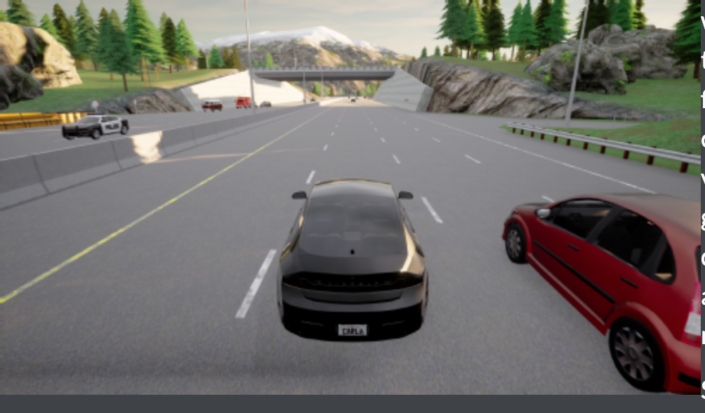AV engineers can now enjoy access to the Safety Pool Scenario Database, the world’s largest public repository of scenarios for testing autonomous vehicles, developed by WMG at the University of Warwick, UK, and Deepen AI.
The database provides a diverse set of scenarios in different operational design domains, which can be leveraged by governments, industry and academia to test and benchmark automated driving systems, and provide insights to inform policy and regulatory guidelines.
Initial scenarios have been generated using a novel hybrid methodology developed by WMG and including knowledge-based and data-based approaches. The database will allow organizations to create scenarios in their own libraries and collaborate with other organizations via shared and public libraries. It will also enable the public to submit challenging real-world scenarios.
Enabling scenarios to be matched to specific environments and operating conditions means that trials and tests can be undertaken in the simulated environment, in controlled test facilities and on public roads, with evidence from each environment being used to inform a better understanding of safe behaviors, bringing autonomous vehicles closer to market at pace, said WMG.
To ensure AVs are road-ready and safer than the average human driver, it has been suggested that they must be tested on 11 billion miles of roads, an insurmountable goal in the real world. Therefore, the ability to test on virtual roads in simulated environments is paramount for manufacturers and government bodies to ensure safe behaviors and ensure that AVs are a positive influence on road safety.
The true test of an AV will not only be in the number of miles driven, according to WMG, but also the quality and complexity of those miles, leading to widespread industry adoption of a scenario-based testing approach to ensure that the autonomous vehicle’s behaviors and capabilities are ready for the real world.
Dr Siddartha Khastgir, from WMG, University of Warwick, was fundamental in the development of the scenario database that forms the core of the Safety Pool initiative.
He has already worked on the UK government’s Centre for Connected and Autonomous Vehicles (CCAV) and Innovate UK-funded Midlands Future Mobility (MFM), which offers a real-world ecosystem for the development and trialing of connected and automated technology as part of the Zenzic coordinated CAM Testbed UK capability.
“Safety of automated driving systems is a hard research challenge and can only be solved by national and international collaboration and knowledge sharing,” said Khastgir. “With the launch of the Safety Pool Scenario Database, we are inching closer to seeing automated driving systems on the roads. Testing and validating automated driving systems transparently in an integrated simulation-based framework and in real-world scenarios will not only provide insights into the readiness of ADS, but also speed up adoption globally. WMG and MFM are grateful for the support of CCAV and Innovate UK in developing the database, and we are excited to be at the forefront of this revolution.”
“The Safety Pool Scenario Database lays a key foundation stone for autonomous vehicle safety,” added Mohammad Musa, CEO and co-founder of Deepen AI. “We are working closely with governments across the world to create a framework for ADS certification that will bring vehicle manufacturers one giant step closer to deploying safe and secure autonomous vehicles on the roads.”
The database can be applied to a range of different autonomous vehicle systems, such as automated lane-keeping systems (ALKS), which would see cars drive in an automated manner on motorways by adapting to speed and traffic around them, as well as to trucking, fully autonomous vehicles and even pods that could be used in town centers and pedestrianized areas as a ‘last-mile’ mode of transport.


